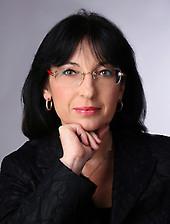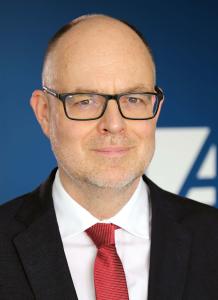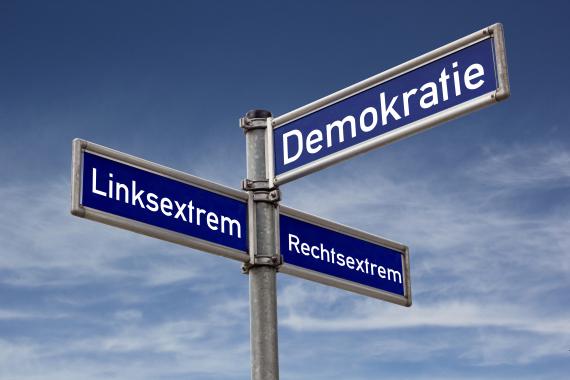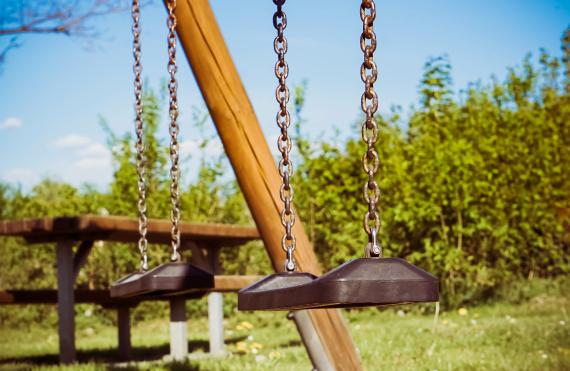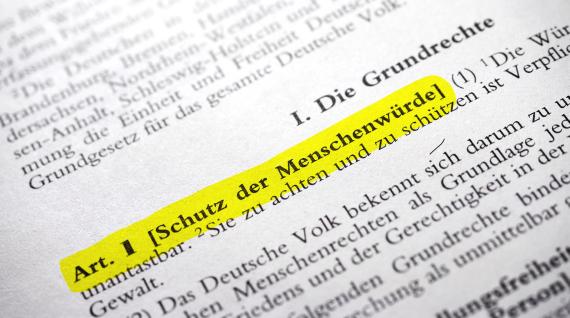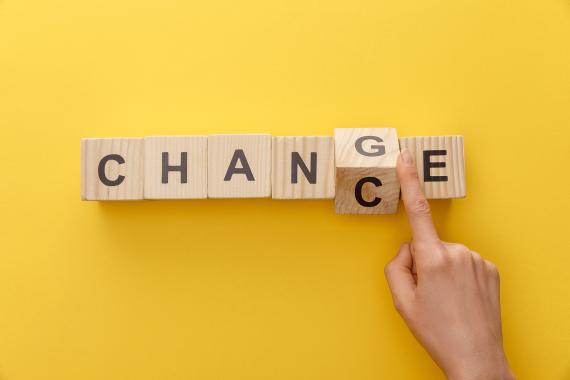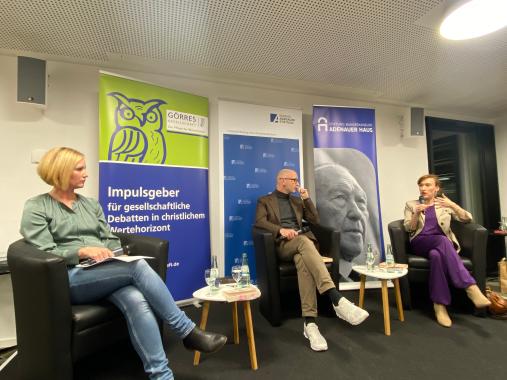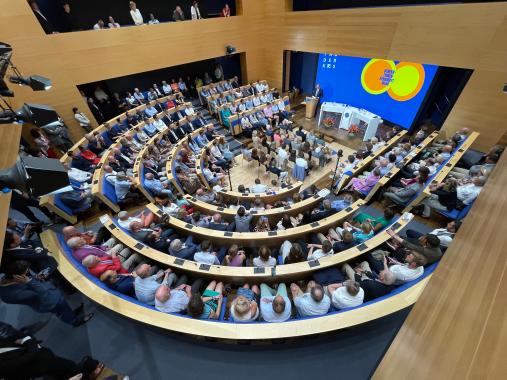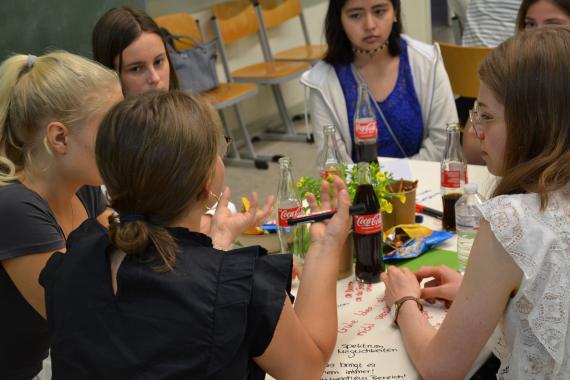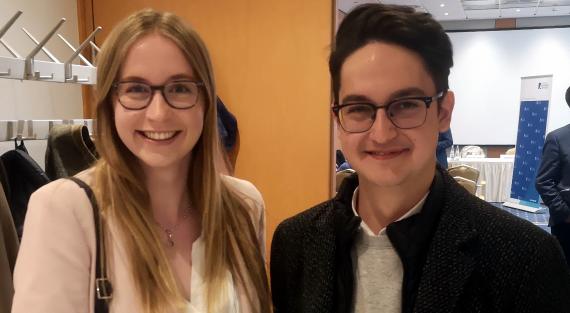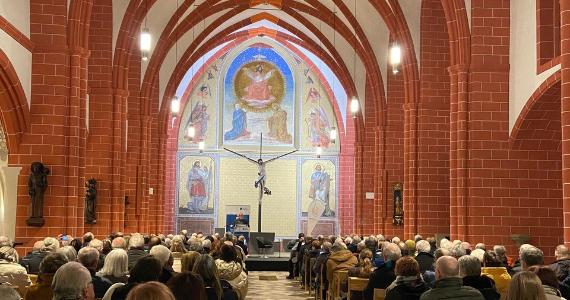We have a duty to think in generations and to build a solid foundation for a happy future for our children and our children’s children.
At a glance
- The interests of people from different age groups often vary. For the older generation, pensions, health, and care are important, whereas younger people are more interested in education and career opportunities.
- In order to maintain social cohesion, it is important to take the different needs of all age groups seriously. The goal needs to be a fair balance between the interests.
- All generations are facing a great number of challenges in equal measure. This can serve as a starting point for developing answers together in discourse while introducing different perspectives.
- Social cohesion thrives on controversial debates, but also on the willingness to engage in dialogue, solidarity and diversity of opinion. It is based on common values and thus forms the foundation of our democracy.
- The Konrad-Adenauer-Stiftung sees intergenerational cohesion as an important mission. For this reason, we promote relevant debates and accompany them with analyses and events.
Content
1. A society in transition the number of young people is falling
2. Different needs must be taken seriously
3. Common challenges are a starting point for discourse
4. Social cohesion is the basis of a vibrant democracy
5. We contribute to the debate with a broad spectrum
6. Our offers and projects on the topic
7. Publications, events and media contributions on the topic
A society in transition the number of young people is falling
Our society is in the midst of change: whereas today every second person in Germany is older than 45 and every fifth person is older than 66, the number of younger people is on the decrease. Different phases of life present different interests and challenges: While older people are naturally more concerned about issues such as pensions, health and care, younger people are more concerned about good educational opportunities or their professional future. And people in the middle of their lives – the so-called rush hour – have different needs.
Different needs must be taken seriously: This is the only way to maintain cohesion between the generations
Affiliation to a certain age cohort must not be viewed too statically, however; it does not necessarily mean that its members have no understanding for the concerns of the other generations. In order to safeguard social cohesion, all generations need to take the needs of the other age groups seriously and be open to their perspectives. In a pluralistic society, people of all generations have the right to have their concerns heard equally. In the interests of generational justice and sustainability, there needs to be a fair balance between all interests.
Common challenges are a starting point for discourse: they strengthen our society
Even if there are intergenerational conflict issues and different stances towards certain topics in our society, this does not invariably mean that there is a generational conflict. Rather, all generations face the same major challenges: The impact of global crises such as climate change, poverty, hunger and war affect all age groups equally and influence everyday life. Developing joint responses to this in social and political discourse, taking account of the perspectives of different generations, strengthens us as a society.
Social cohesion is the basis of a vibrant democracy
Social cohesion is based on common values. It thrives on controversial debates about social issues as well as on the willingness to engage in dialogue, solidarity and diversity of opinion. This is the foundation of our democracy, and whose promotion the Konrad-Adenauer-Stiftung supports with its work both in Germany and abroad.
Democracy is not static and instead thrives on the people living in a democratic society and it is as diverse and colourful as the people themselves. That is why diversity of opinion is a valuable asset. It provides scope for controversial discussions without giving rise to social divisions. It is thus also legitimate that there are different attitudes between members of various age groups when it comes to assessing current social challenges.
Climate change in particular concerns the members of all age groups. According to one of our studies, younger people assess it with more emotion, yet there is no new social fault line in sight. The potential for intergenerational controversies could develop, for instance, regarding questions on the future of social security systems, education or dealing with the impact of technological change. Public debate on the above issues often gives rise to the impression that the different generations accuse each other of neglect or a lack of solidarity and consideration. However, most of the differences are not a generational conflict, but are connected to the age-related differences in life situations.
We contribute to the debate with a broad spectrum
The Konrad-Adenauer-Stiftung is getting involved in this debate. In addition to a wide spectrum of socio-political analysis and consultation services, including in the areas of children, youth and family, education and equal rights, we offer people of different ages and from different areas of society a platform for exchange on socio-political issues by means of seminars, workshops and lectures. This encompasses, for example, the “Chancenzeit” (Opportunity Time) project of our political education work, in which discussions take place in various capital cities on the pros and cons of a year or service to promote social cohesion.
The repercussions of demographic change in our society and the challenges facing members of different age groups in this context, but also the question on how we want to deal with this as a society, is an important part of our work. We accompany current debates on this topic with analysis papers and events.
Election and social researchers at the Konrad-Adenauer-Stiftung have examined the attitudes and values of the different generations, and published these in various studies. With its economic and innovation policy work, the foundation addresses the future of social security systems and the consequences of technological change in an era of artificial intelligence.
Our offers and projects on the topic
Event series
The Konrad-Adenauer-Stiftung organises events on various aspects of the topic of "Generations". Particularly noteworthy here is our “Chancenzeit” event series, which is dedicated to the highly topical debate on the introduction of a compulsory year or service or a voluntary year in society.
ChancenZeit (Opportunity Time) – Together for Society
ChancenZeit (Opportunity Time) - Together for Society
Street survey on the voluntary year in society
YouTube, onlinekas
The Russian war of aggression against Ukraine has also fuelled the debate in Germany about the introduction of compulsory military service. As a consequence, at its 35th Federal Party Conference, the CDU decided to campaign for a compulsory “voluntary year in society”. Yet the project is deemed to be highly controversial and meets with a number of objections and concerns.
A potential solution to the repeatedly cited problem could be to make the time frame more flexible and to emphasise the opportunities and benefits to the individual by introducing a year of service. To build on this, discuss the pros and cons and also talk about conceivable alternatives, the Konrad-Adenauer-Stiftung is holding events across Germany under the motto “ChancenZeit – geMEINsam für Gesellschaft” (Opportunity Time – Together for Society), at which we aim to engage in debate with stakeholders on an equal footing.



